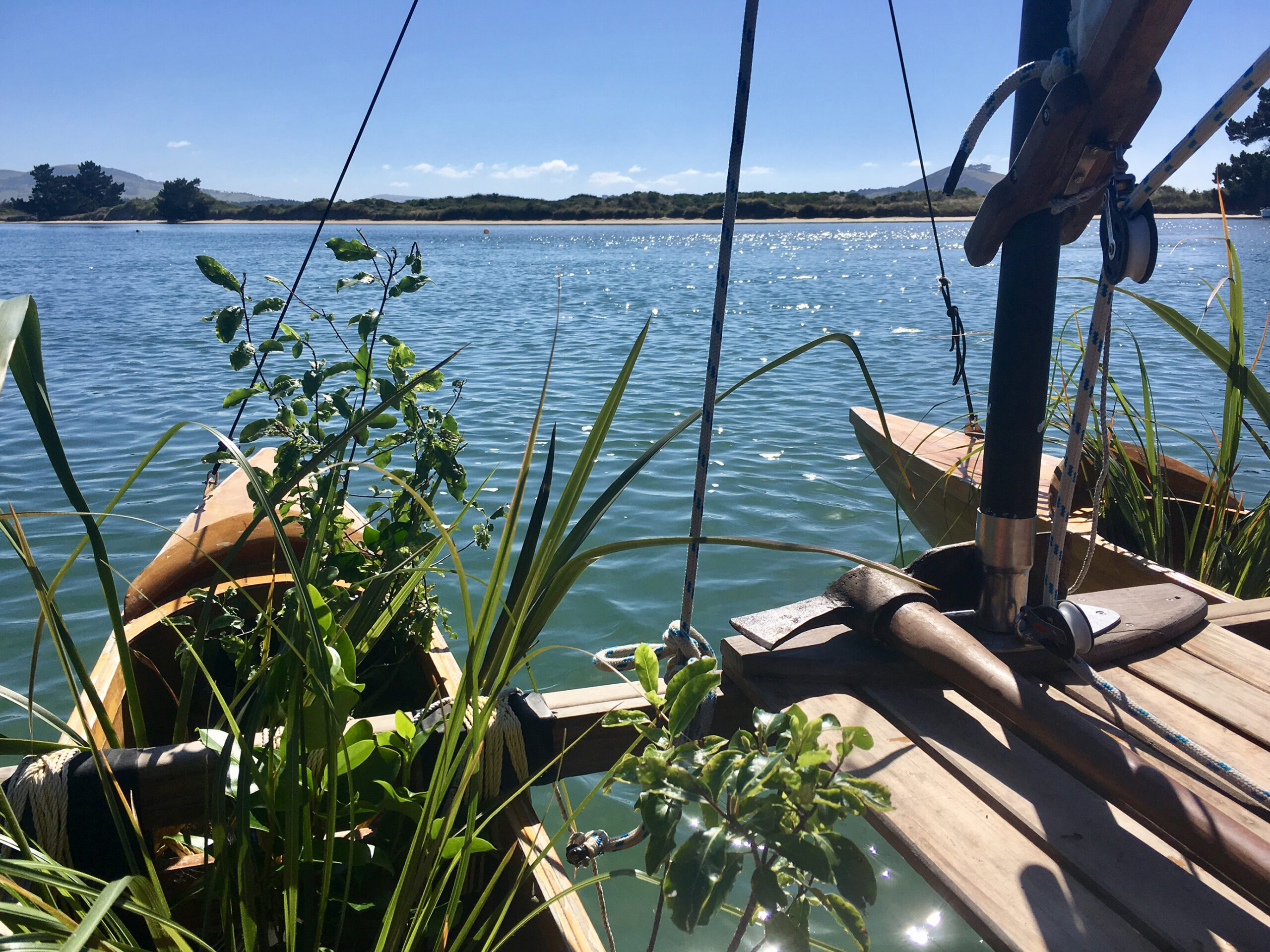
Maintaining and expanding longitudinal monitoring: Southern (Otago) Moorings
Project Leader(s) Dr Daniel Pritchard (UoO) Project Team Dr Kim Currie, Judith Murdock In many places around the world, including in Aotearoa New Zealand, there
There are two tumu in this research programme: Monitoring and Training. Connections are woven throughout each of the platform themes to these tumu to provide grounding, context, real-world impact, and applicability to the research.
Monitoring is fundamental to our understanding of the marine environment today and what will come in the future. To prepare for and predict what will be, we must know what is. To manage and restore, we must observe and record change, applying diverse methods that help us understand and mitigate the broader impacts of a changing marine environment. Dr Daniel Pritchard (Te Rūnanga o Ngāi Tahu) and Dr Kim Currie (NIWA) will lead the Monitoring tumu.
Monitoring strengthens our understanding of coastal seas, of coastal people and will connect our programme across the South Pacific. A predictive platform will be provided for coastal communities preparing for the future while building local context through gathering data on what is and what was. Existing marine environmental time series (e.g. the Munida, Portobello and Leigh Marine Laboratory time series) will be supported and expanded on. Innovation by diversifying the type of data gathered (e.g. taonga species, well-being, local observations, historical) will provide greater context for climatic events and build predictive power into existing and new data sets.

Project Leader(s) Dr Daniel Pritchard (UoO) Project Team Dr Kim Currie, Judith Murdock In many places around the world, including in Aotearoa New Zealand, there
Meaningful, authentic, Natural, Accountable